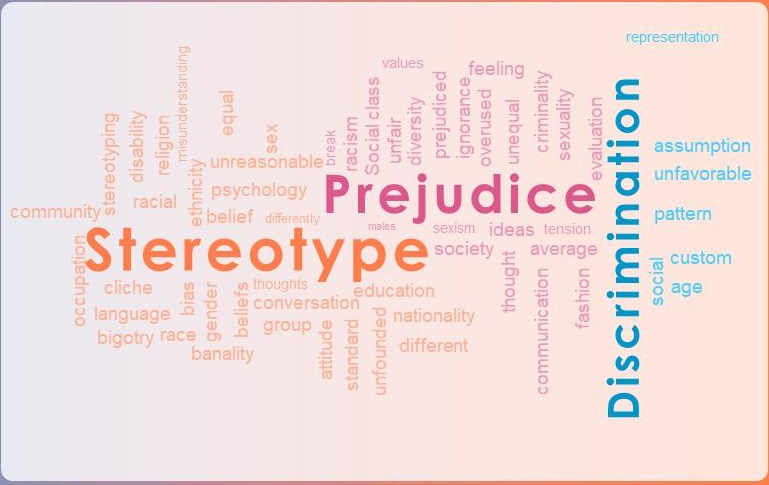Beyond Competition: Understanding the Psychology of Cooperation
The importance of cooperation can occasionally be undervalued in a world where competition frequently takes front stage. But studying psychology reveals the complex mechanisms that govern both the human inclination towards cooperation and how effective collaborations can be made. An essential component of human connection, cooperation cuts across boundaries and encourages the growth and success of communities, businesses, and societies as a whole. Yet, cooperation can also be difficult to achieve, there are often breakdowns in people’s ability to work effectively in teams, or in their willingness to collaborate with others. For example, the issues like climate change which require significant cooperation at the global level, countries often prioritize their prioritize their short-term economic interests over long-term environmental sustainability, leading to disagreements and deadlocks in decision-making
From the trust that people place in others to the lines they draw between “us” and “them,” many different processes shape cooperation. I will discuss some of the most prominent ones.
Let's talk about individual differences, here comes the idea of Social Value Orientation, which refers to the degree to which individuals prioritize their own outcomes compared to the outcomes of others in social situations. It can be categorized into three main types: pro-social, individualistic, and competitive orientations.
Consider a simple scenario which all of us face, i.e a group project, each member of the group may have a different motive. A member with pro-social orientation will genuinely be concerned about the success of the entire group, not just their individual performance. Hence, they would prioritize collective success and tend to cooperate more readily. Another member with an individualistic orientation may focus primarily on their own contribution to the project, striving to excel individually, On the other hand, a member with a competitive orientation will try to outperform others in the group leading to almost no cooperation with the group members. Hence, these different social value orientations can help explain the varying degrees of cooperation and collaboration exhibited by individuals.
What about situational differences, do those also matter ? Well, the answer is yes. When we talk of cooperation, how can we neglect trust. Working with others toward a common goal requires a level of faith that our partners will repay our hard work and not take advantage of us for their own selfish gains. But trusting others depends on their social reputation and their actions(might be of the past). For example, when people work in a group or create a group, they tend to see whether the person generally tends to cooperate or not , we look at their reputation. Hence, if we form a group with a person who generally has the tendency of putting their tasks on others, our own cooperation with the group decreases because we don't trust the group member.
Another key aspect is our Social Identity, explained in the Social Identity Theory. According to this theory, individuals derive a sense of self and belonging from their group memberships, leading them to exhibit a strong inclination to cooperate with in-group members. For instance, if you support Manchester United, then you would often identify strongly with the group, sharing a sense of belonging with fellow fans. This strong group affiliation results into your inclination to cooperate with other fans,creating a supportive community that cheers for the team together.
Culture can have a powerful effect on people’s beliefs about and ways they interact with others. But does culture also affect a person’s tendency toward cooperation? The interdependence of people for survival, is a key component of why people decide to cooperate with others. Culture significantly influences cooperation as it shapes individuals' values, norms, and expectations regarding collective behavior and social interactions. Cultural norms regarding trust, communication styles, and individualism versus collectivism can either promote or hinder cooperative efforts. For example, in a collectivist culture like Japan, where the concept of group harmony and loyalty is highly valued, employees often prioritize team goals and collaborative efforts over individual achievements.




Truly insightful blog! Indeed several tasks demand Cooperation for their Success and the Competitive mindset has to be kept aside in these situations for achieving the common goal. Group cohesion and working together can help achieve the common goals through Cooperation and this has been beautifully depicted in this piece of writing. Amazing work!
ReplyDeleteThank you, indeed cooperation is of utmost importance
DeleteYour exploration of individual differences, situational factors, trust, social identity, and cultural influences on cooperation is insightful and thorough. The real-world implications, such as global issues like climate change, effectively illustrate the challenges in achieving effective collaboration. Your emphasis on shared goals and open communication as key drivers of successful teamwork is a compelling takeaway. Overall, your breakdown provides a profound understanding of the complexities and importance of cooperation in fostering a harmonious and prosperous world.
ReplyDeleteThank you for the kind words. Your comment almost completely summarized my blog which is great
Delete